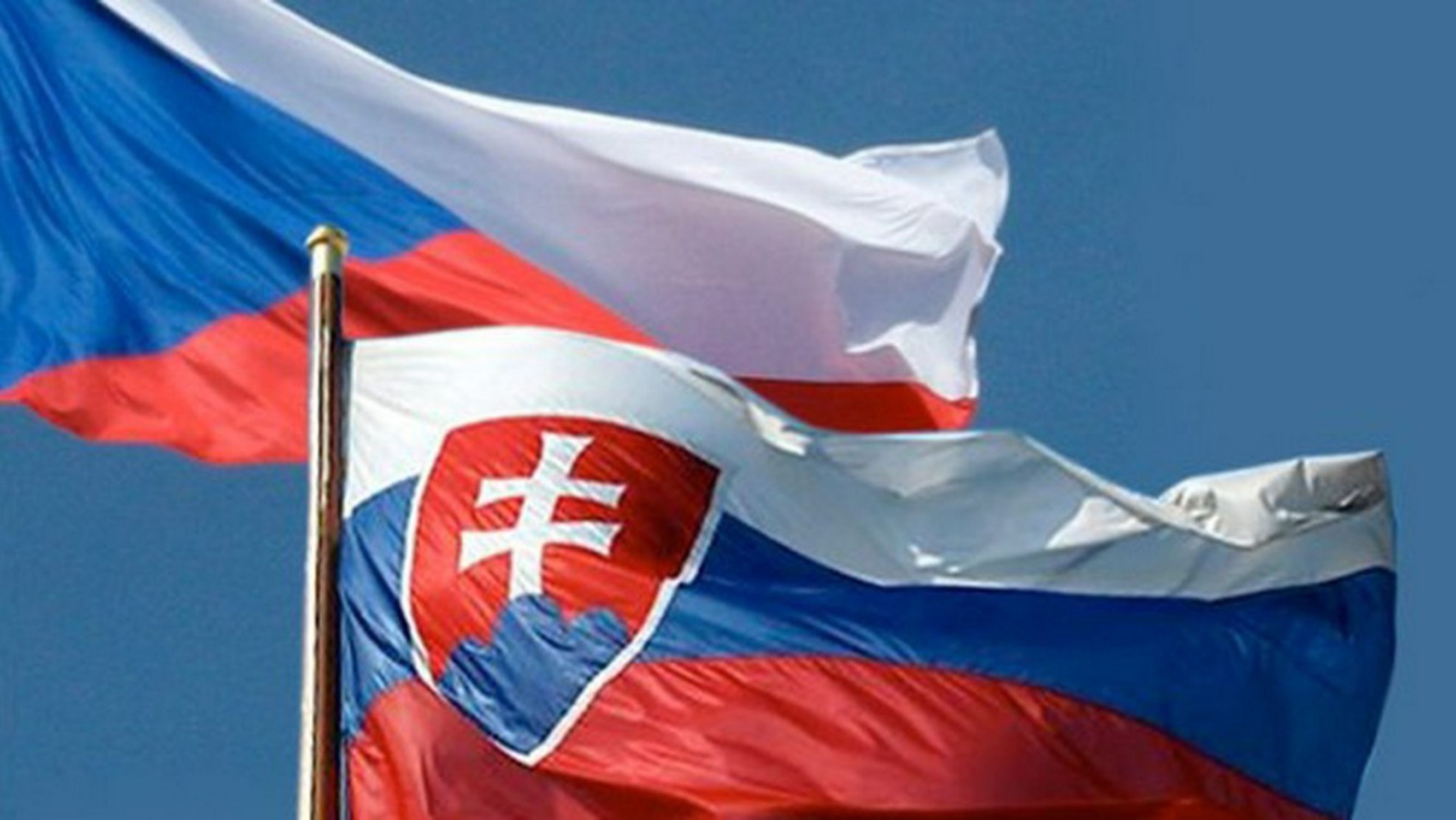December 31, 1992: The Break-Up of Czechoslovakia
Prague Morning

When the clock strikes midnight on Dec. 31st and the world ushers in the new year, the Czech and Slovak republics will mark 31 years since the founding of their countries – though not everybody will be celebrating.
The split was largely driven through by two men, Václav Klaus and Vladimír Mečiar, who won the 1992 elections in their respective parts of the federation.
Klaus and Mečiar had different views on two themes that had fuelled post-communist Czechoslovakia’s imbroglio: the speed of economic reform and the degree of autonomy Slovakia should have in any new constitutional settlement.
After Havel’s resignation on July 20, 1992, no suitable candidate for the federal presidency emerged; Czechoslovakia now lacked a symbol of unity as well as a convincing advocate. Thus, the assumption was readily made, at least in political circles, that the Czechoslovak state would have to be divided.
There was little evidence of public enthusiasm for the split, but neither Klaus nor Mečiar wished to ask the population for a verdict through a referendum.
The main point of contention was (and will remain) the question of whether Czechoslovakia was to hold a referendum. It is possible today to argue that the decision not to hold a referendum was fortunate. First, in a country consisting of two nations of unequal size, one referendum, on a federal level only, would not work.
Holding two referendums, one in each republic, was also problematic, as no one seemed to know what would happen if one republic voted in favor of the country’s split and another would be against it.
The two republics proceeded with separation negotiations in an atmosphere of peace and cooperation. By late November, members of the National Assembly had voted Czechoslovakia out of existence. Both republics promulgated new constitutions, and at midnight on Dec. 31, 1992, after 74 years of joint existence disrupted only by World War II, Czechoslovakia was formally dissolved.

When Czechoslovakia dissolved, Czechs believed they were heading towards a brighter future. As sad as the parting of Czechoslovakia was for many Czechs, there was also a certain sense of relief. Slovakia was perceived as an economic burden and the rise of political star Mr. Mečiar was seen as worrisome.
Within six months, a comprehensive settlement had been agreed and activated. Immobile assets were distributed to the country where they sat, mobile assets and assets abroad were distributed according to the rough population ratio 2:1.
Amendments to international treaties signed by Czechoslovakia were negotiated and signed very quickly by both new republics, confirming the continuation of such treaties.
In 1996, the two countries signed a protocol specifying the distribution of duties enshrined by treaties signed as Czechoslovakia.
Currency division
Initially, the old Czechoslovak currency, the Czechoslovak koruna, remained in use by both countries. Czech fears of an economic loss caused the adoption two national currencies as early as February 8, 1993.
In the beginning, the currencies had an equal exchange rate, but the value of the Slovak koruna was then usually lower than that of the Czech koruna (in 2004, around 25–27% lower). On August 2, 1993, both currencies were distinguished by different stamps that were first affixed to and then printed on old Czechoslovak koruna banknotes.
On January 1, 2009, Slovakia adopted the euro.
-
NEWSLETTER
Subscribe for our daily news









